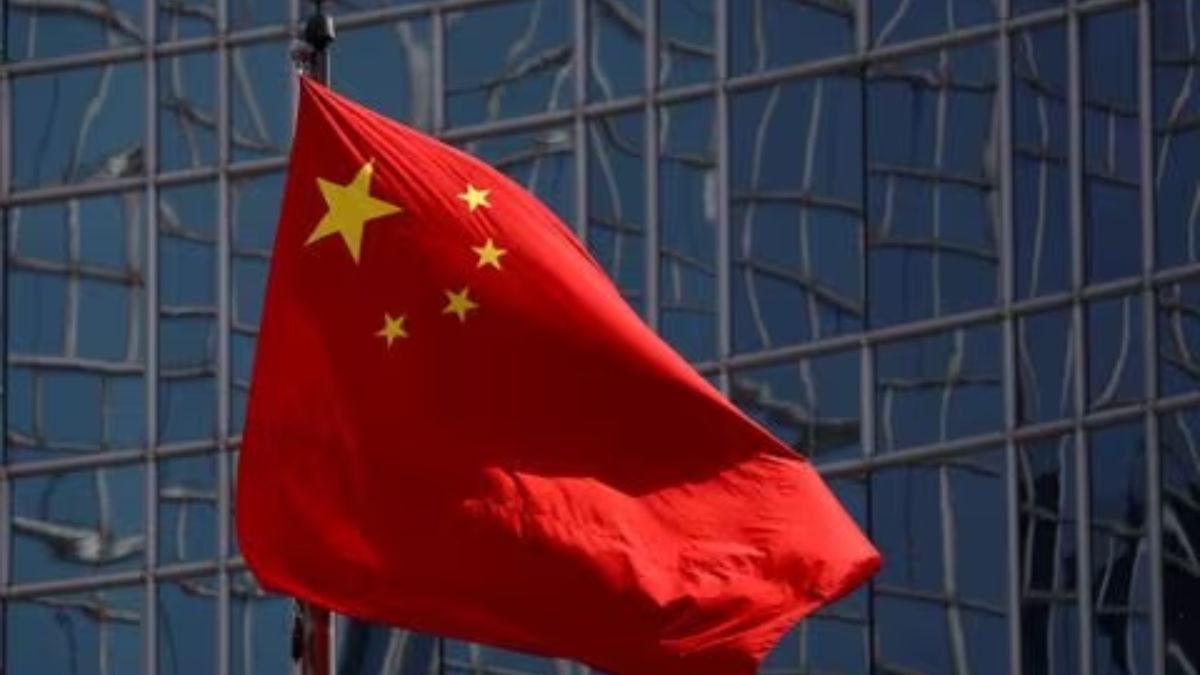During a high-level political gathering this week, China stepped up its efforts to restrict software that allows users to visit websites that are prohibited, a prominent supplier of firewall-leaping software told AFP.
With some of the most stringent internet restrictions in the world, Beijing prevents users in mainland China from accessing anything from Google to news websites unless they utilise a virtual private network (VPN).
Furthermore, even when compared to other delicate political occasions, VPN software has grown increasingly difficult to get beyond the censorship, and outages have increased significantly as hundreds of delegates convene in Beijing this week for the annual “Two Sessions” gathering.
“Currently, there is increased censorship due to political meetings in China,” a representative of the Liechtenstein-based service Astrill – one of the most popular VPN services for foreigners in China – confirmed to AFP.
“Unfortunately, not all VPN protocols are functioning at this time,” they said.
“We are working intensively on bringing all services back to normal, but currently have no ETA.”
It is forbidden in China to use a VPN without permission from the government or to access websites that are prohibited.
Diplomats and state media representatives, however, are permitted to visit banned websites like X, which was once Twitter.
Throughout the Two Sessions, Beijing’s security has been tighter, with police using sniffer dogs to patrol the streets and senior volunteers wearing red armbands to keep an eye out for suspicious activity.
Impact Shorts
More ShortsWeibo, a massive social media platform in China, has also blocked problematic subjects quickly.
Search results for all hashtags related to Beijing’s decision to postpone the premier of the nation’s customary news conference were promptly cleared.
And another, a reference to China’s economic woes declaring “middle class children have no future” was also removed.
China’s domestic media is state-controlled and widespread censorship of social media is often used to suppress negative stories or critical coverage.
Regulators have previously urged investors to avoid reading foreign news reports about China.
In a speech last year, President Xi Jinping said the ruling Communist Party’s control of the internet had been “strengthened”, and that it was crucial that the state “govern cyberspace”.
)